The Atlantic Meriodional Overturning Circulation (AMOC) is not a term most people are familiar with. But it should be.
It is a huge driver of climate balance that sustains life across the planet. It carries warm southern waters north and exchanges them for colder water which it brings south, ensuring that both land and sea never get too hot or too cold and that life can go on as normal.
AMOC Under Threat

This giant temperature and weather regulator is now under threat from climate change.
It has been under threat for some time, but the speed at which the system could deteriorate is now better understood, as is the catastrophic impact of such a key system collapsing.
If AMOC collapses
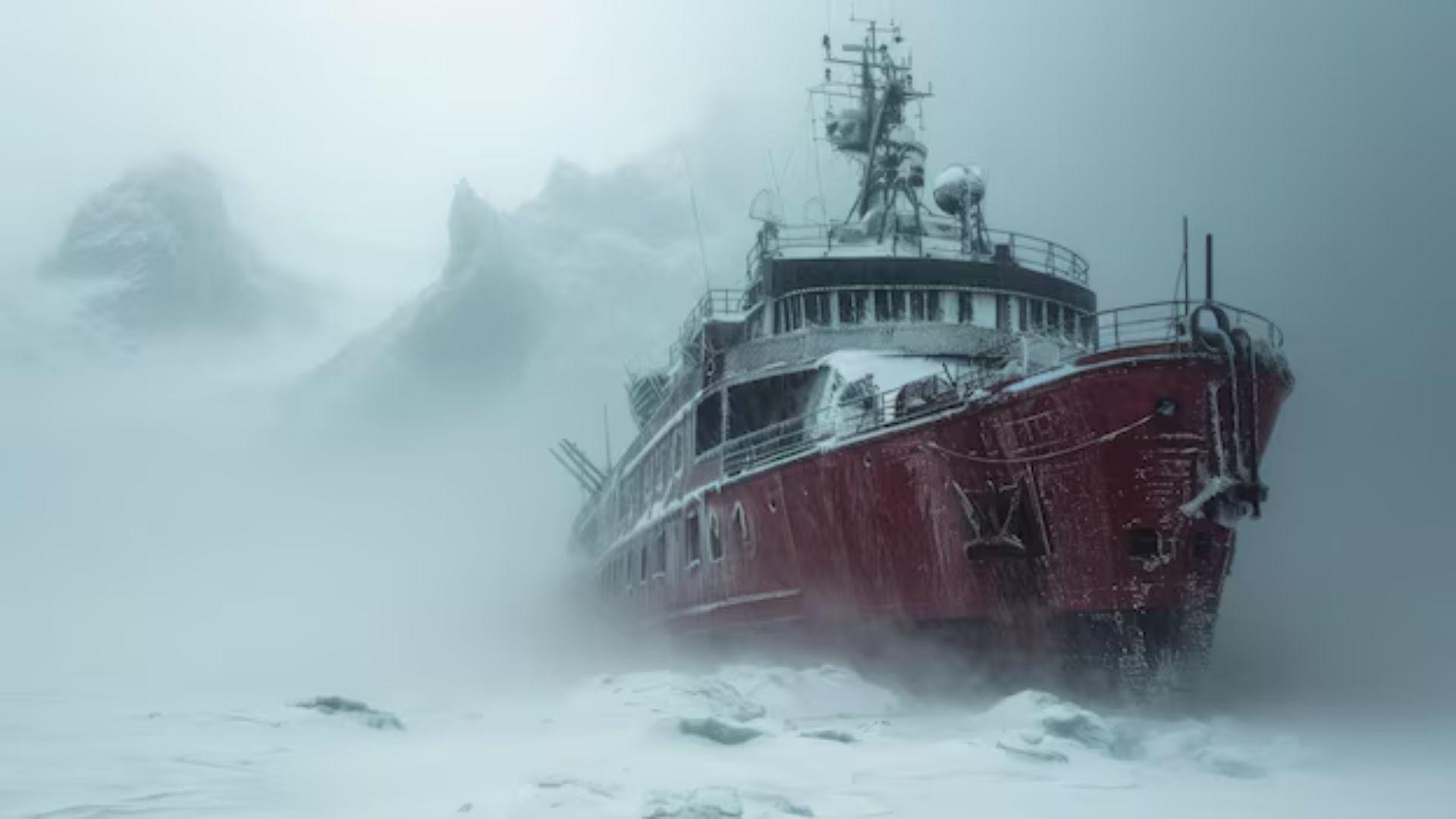
If the AMOC collapses, the impact to life on the whole planet would be catastrophic.
Even worse, it would happen at a speed that would not allow us, or any life on the planet, to adapt to the changes.
A Chain Reaction
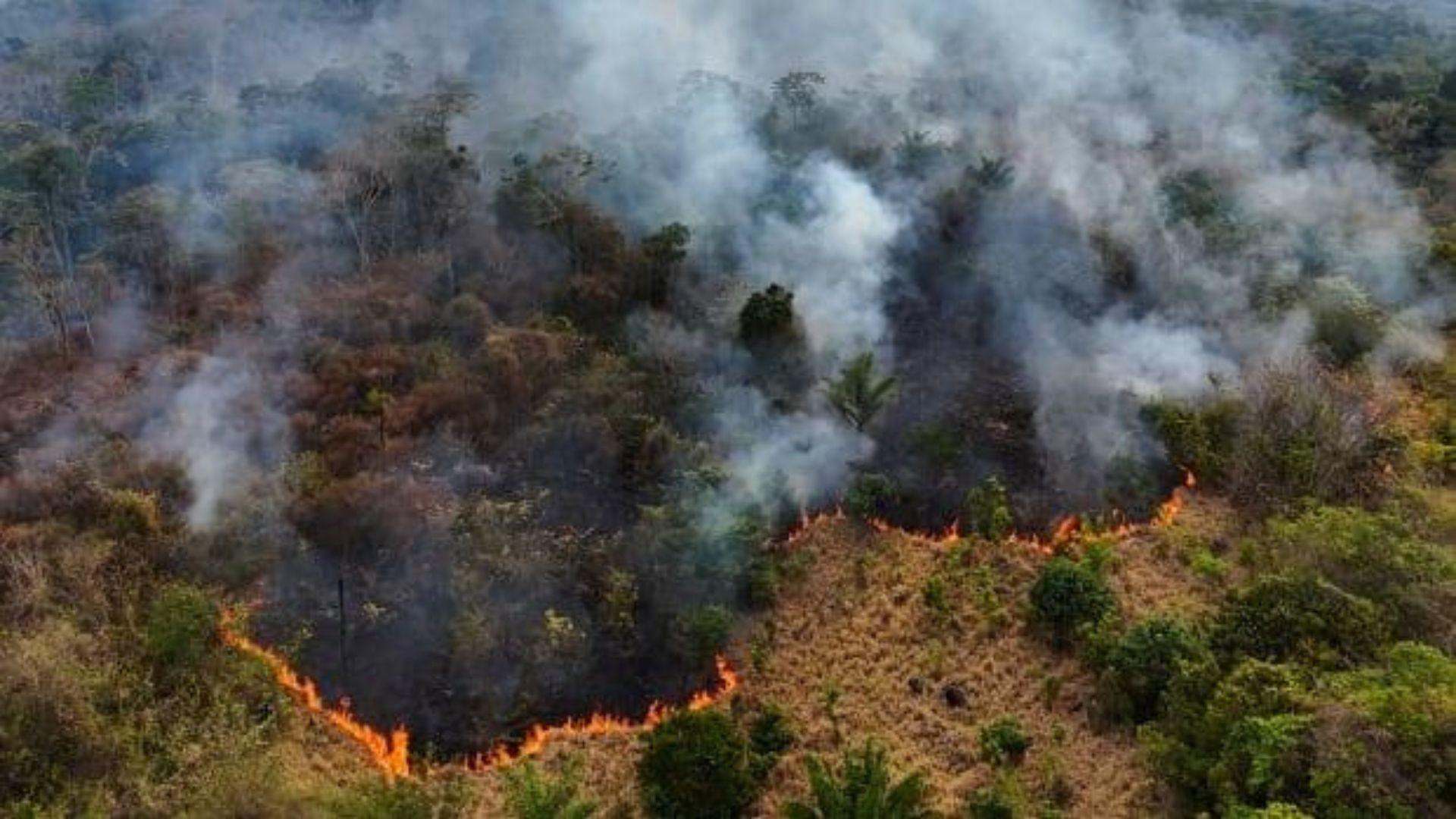
The collapse of the AMOc could spark a chain reaction.
This would include inverting the rainy and dry season of the Amazon, another key planetary eco-system which is close to the edge. It is unknown what would happen if the Amazon’s seasons were reversed, but it could push the rainforest into even faster decline, which in turn would harm many more people and eco-systems and have a ripple effect around the globe.
AMOC Collapse a Likelihood
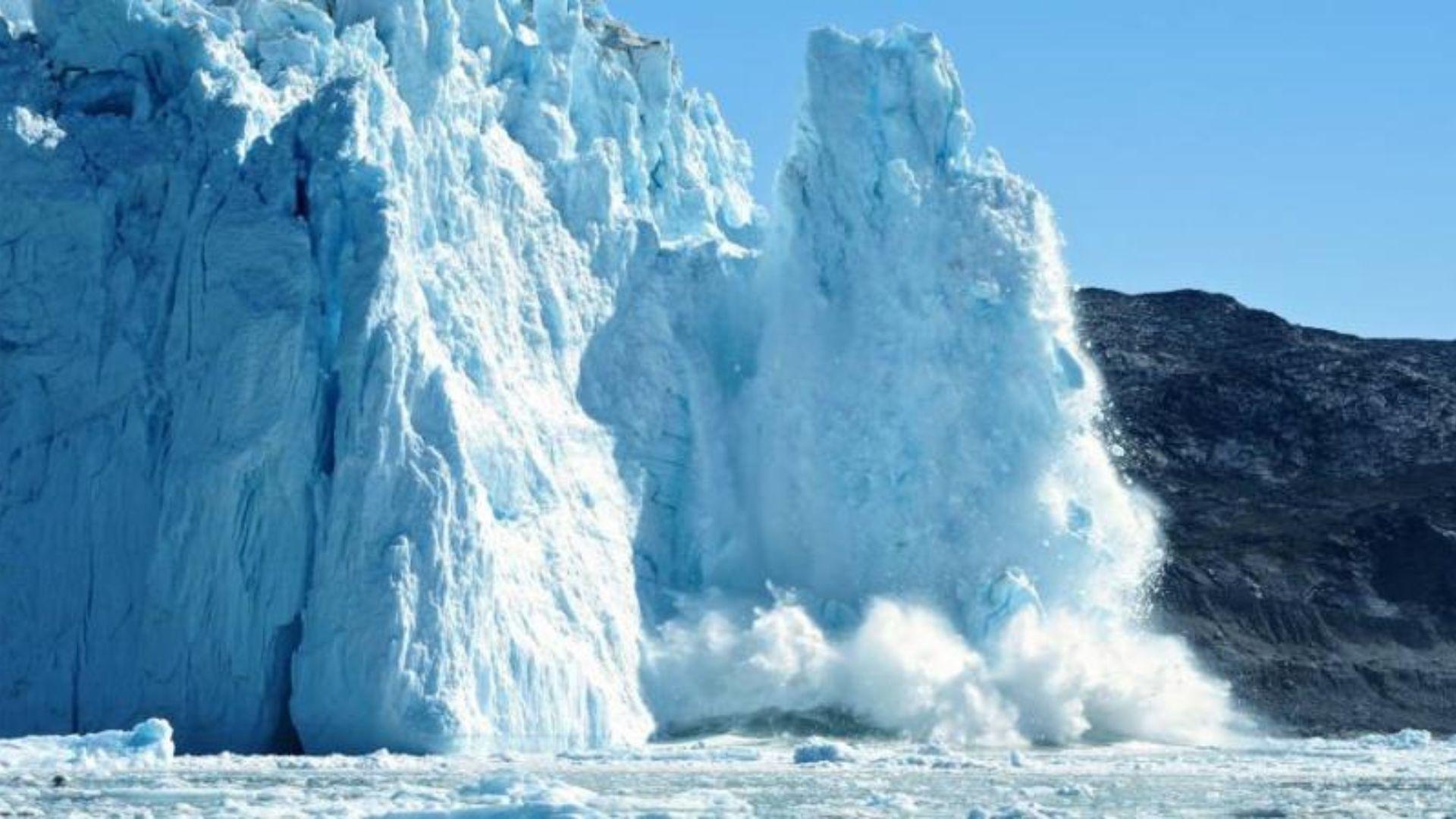
Until recently, it was thought that the collpase of the AMOC was a remote possibility. Or not one that would happen in this century.
Scientists have now realised that this collapse is a likelihood and they say that there is a 50% chance of it happening before 2050. It’s possible that even this may be an underestimate since the impact of swift-melting Greenland ice wasn’t well considered in the study.
Consequences
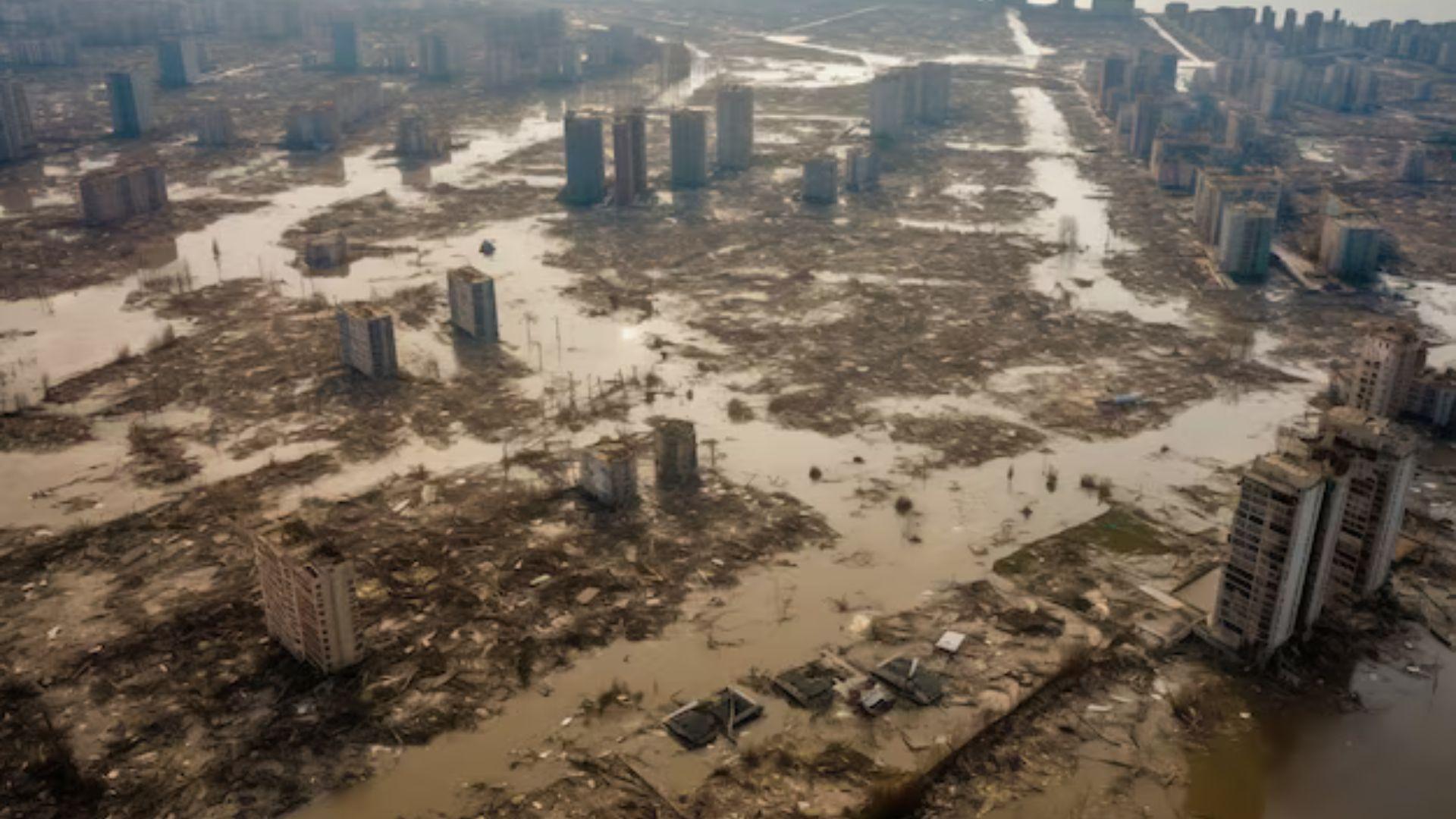
Besides the inverting of the seasons in the Amazon, what would some of the consequences be?
Sea levels in the Atlantic would rise by a metre, this would submerge many coastal towns – including in the US. The cooling of the northern hemisphere – including Europe and the US – would happen at an accelerated speed. Ice would envelop the UK and many other places in less than a century. Meanwhile, the southern hemisphere would grow much hotter.
What’s Causing it?

What’s causing the weakening of the AMOC? The melting of ice caps in Greenland is a key factor.
The increase in rainfall at high latitudes and the warming of the Earth’s surface are also factors. All of this is linked to global warming and human activity. It highlights the urgent need for countries across the world to work together to halt global warming.
How the Study was Done
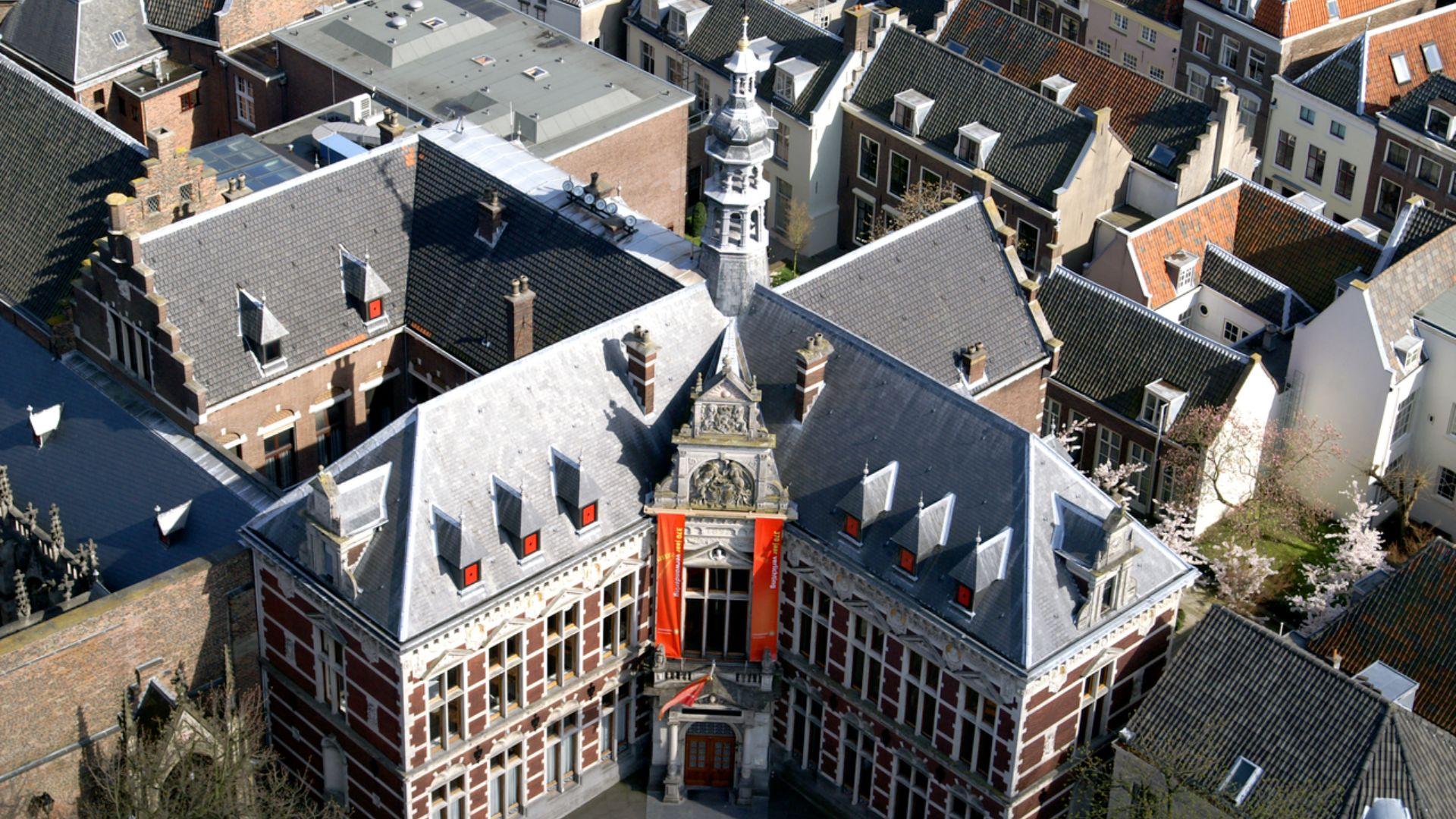
The most recent study was done by a team from Utrecht University.
The used the temperatures and salinity of the ocean in one key area to measure the speed of decline. The saltiness of the water is a key driver of the AMOC as it makes the water heavier or lighter which enables it to sink or rise.
Impact on Marine Life
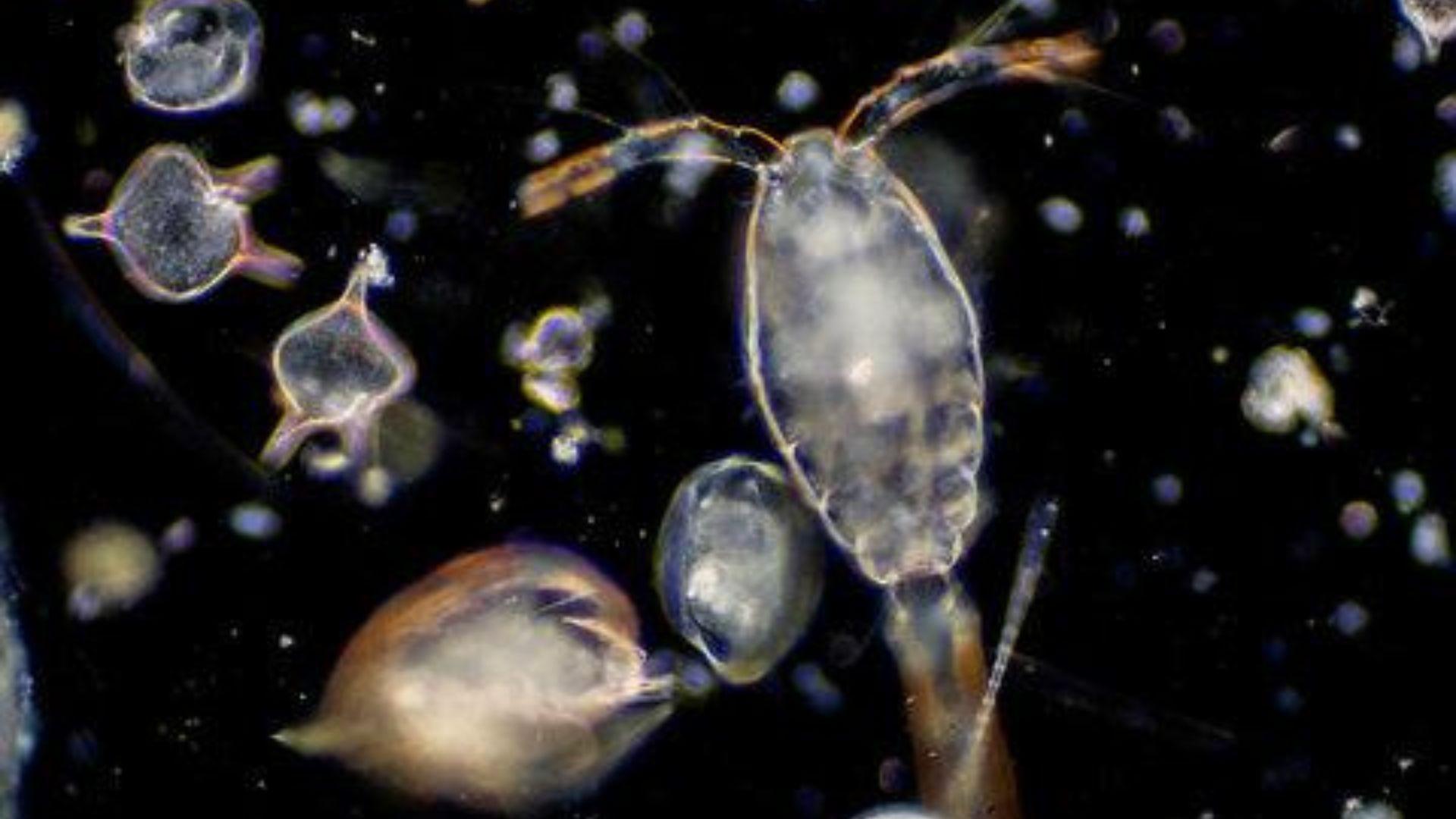
Besides human life and eco-systems on land, there would also be a catastrophic impact on marine life if the AMOC were to collapse.
North Atlantic plankton counts would collapse. Plankton is a key food source for many creatures higher up the food chain. Dissolved oxygen would also decrease, causing many fish to die.
Impact to Infrastructure
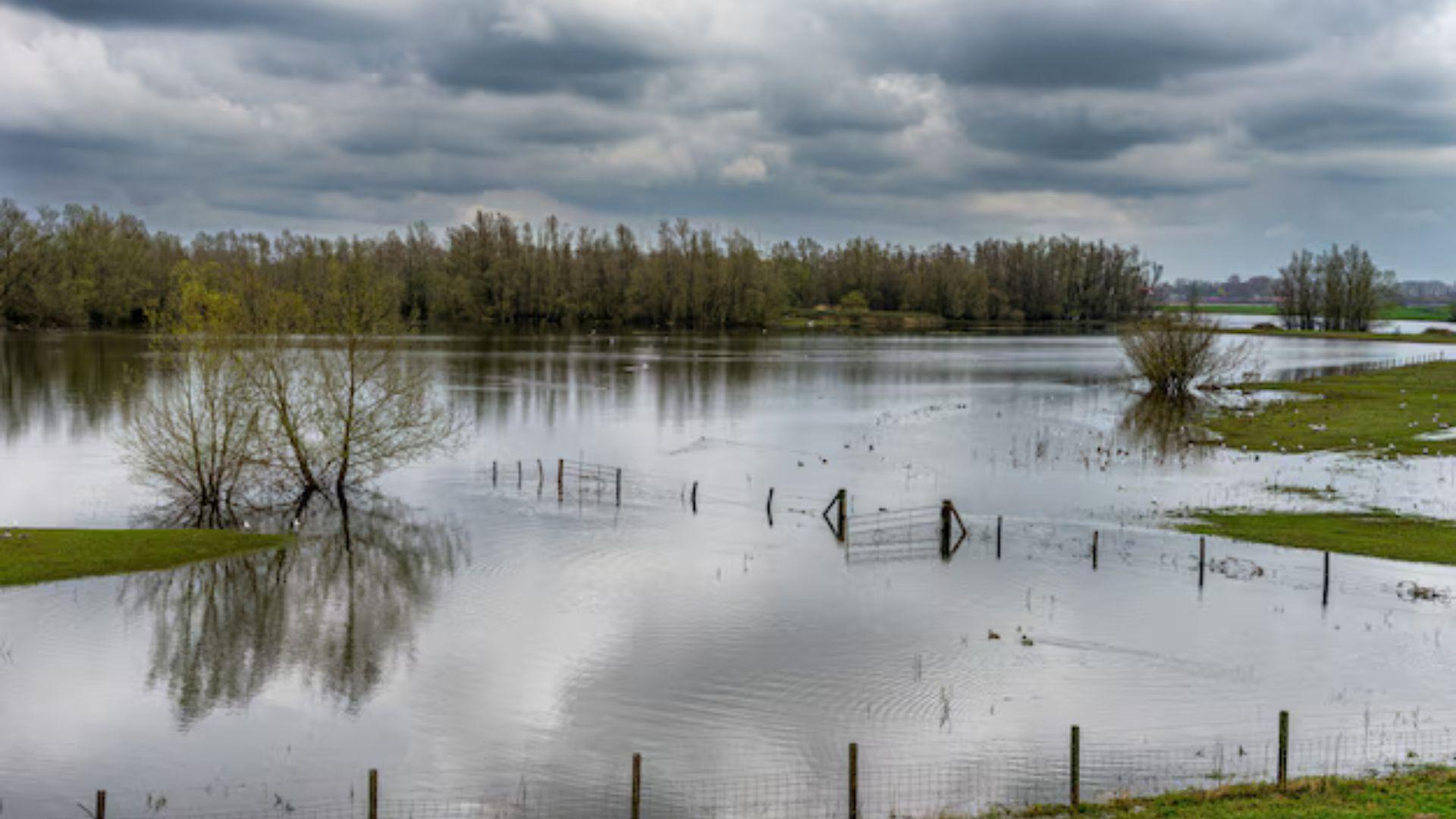
It goes without saying, but the domino effect of such a collpase would imapct every area of human life.
Infrastructure and the economy are two areas that would be impacted. Not to mention agriculture and thus food supplies. It is to be hoped that the world will take global warming more seriously in the years to come to try and avert this crisis.


